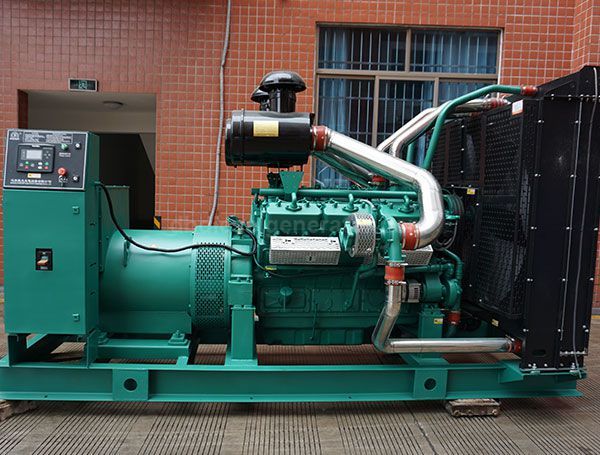What is the emergency diesel generator in a power plant?
In modern power plants, an emergency diesel generator (EDG) is a critical safety component designed to provide reliable backup power in the event of a loss of the main electrical supply. This ensures that essential systems continue to function, preventing operational disruptions and safeguarding personnel, equipment, and the environment.
What is the function of an emergency diesel generator?
The primary function of an emergency diesel generator is to deliver instant and dependable electricity during grid failure or internal power loss. In power plants, EDGs support vital systems such as control instrumentation, cooling pumps, safety lighting, and emergency communication networks. Without them, critical safety functions could be compromised during blackouts.
What is the emergency diesel generator in a nuclear power plant?
In a nuclear power plant, the emergency diesel generator has an even more crucial role. It supplies power to reactor safety systems, including reactor cooling pumps, containment isolation valves, and radiation monitoring devices. If grid power and auxiliary systems fail, the EDG ensures that the reactor core remains cooled, preventing overheating and maintaining nuclear safety. For this reason, nuclear facilities often install multiple redundant EDGs for maximum reliability.
What does an emergency generator do?
In simple terms, an emergency generator automatically activates to bridge the gap between power outage and restoration. It ensures continuous electricity supply to mission-critical systems. Beyond nuclear facilities, emergency generators are used in thermal power stations, hydropower plants, and other industrial facilities where uninterrupted power is essential.
How does an emergency generator start on its own?
Emergency diesel generators are equipped with automatic transfer switches (ATS) and control systems. When the system detects a voltage drop or complete loss of main power, the ATS immediately sends a signal to the diesel engine starter. Within seconds, the engine powers the alternator, which delivers electricity to emergency circuits. This automatic startup ensures minimal delay and reliable operation without human intervention.
What is the main purpose of a diesel generator?
The main purpose of any diesel generator is to convert chemical energy in diesel fuel into electrical energy. In the context of emergency systems, its purpose extends further: to guarantee a continuous, stable, and safe power supply during outages. Diesel engines are favored due to their robustness, fuel efficiency, and ability to deliver high power output consistently, making them the preferred choice for critical infrastructure like power plants.
Final Thoughts
The emergency diesel generator in a power plant is not just a backup tool—it is a safety lifeline. From conventional stations to nuclear facilities, EDGs protect critical systems, maintain reactor safety, and ensure uninterrupted operation during unforeseen power failures. By combining automatic starting, high durability, and compliance with strict safety standards, they play an indispensable role in modern energy infrastructure.



Comments